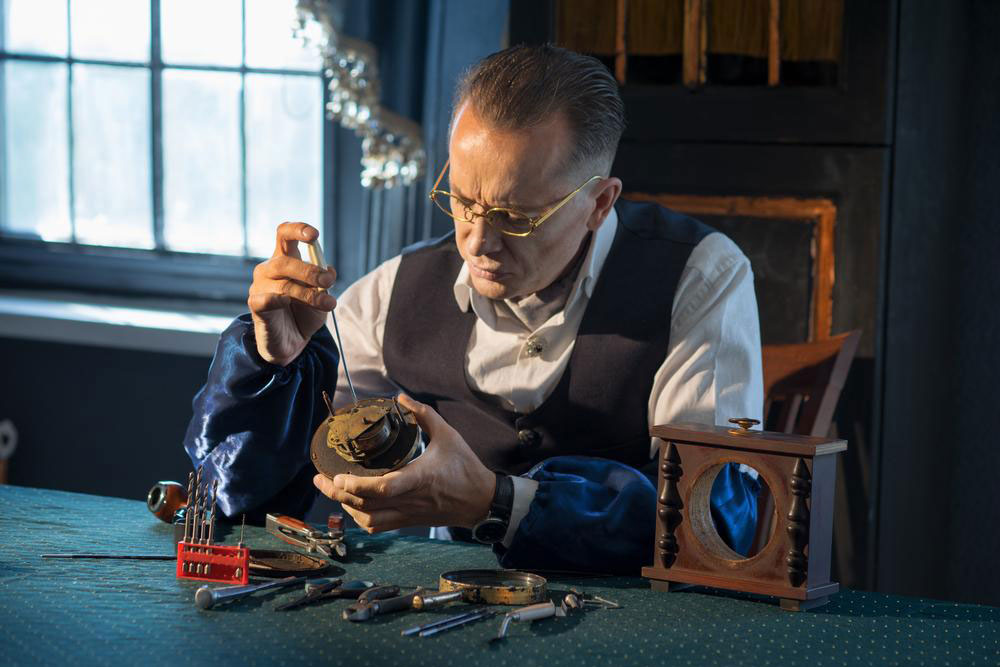Understanding the difference between clock repair and restoration
Clock repair and clock restoration are two different things. While repair services can be done from any local shop, restoration is a more tedious and intricate process that requires a pair of skilled hands. Also, labor is not enough when it comes to clock restoration. A passion for the craft and love for the trade is necessary to restore the clock back to its former glory.
Restoration, in particular, is a very personal process.

Clock repair
Disassembly of parts, inspections, cleaning, and replacing worn out parts are the steps when it comes to everyday clock repair. Reassembly and testing is the final step and the entire process can be done by a trained technician adept with a basic knowledge of clock repair.
Clock restoration
It takes years of experience and training to restore a clock back to a pristine working condition. Any type of restoration for that matter will preserve and use the existing parts of the clock, without the need for fabrication of new parts. Horologists are the trained experts who specialize in proper restorations to maintain the clock’s original functionality, value, and most importantly, its appearance.
Special restoration
Antique clocks are special restoration projects, and there are three main types: a wall clock restoration, floor clock restoration, and mantel clock restoration. Note that restoration is a serious business and special care is taken for every single project. Owners of antique clocks have an attachment to the artifact and expect nothing less than perfection when it comes to a complete restoration.
When it comes to antique clocks, restoration is an even more time-consuming process as there are a lot of complex mechanisms involved. The horologist performing the restoration should know everything there is to know about the clock.
The process for antique clocks restoration includes disassembly, silvering, gilding, dial restoration, vintage carpentry, wheel cutting, lacquering, cleaning, lubricating, and re-assembly to complete a flawless restoration. This will again vary depending on the type of restoration.
You can find details about popular clock repair and restoration services online. Do a thorough research before you entrust your ancestor’s inheritance.